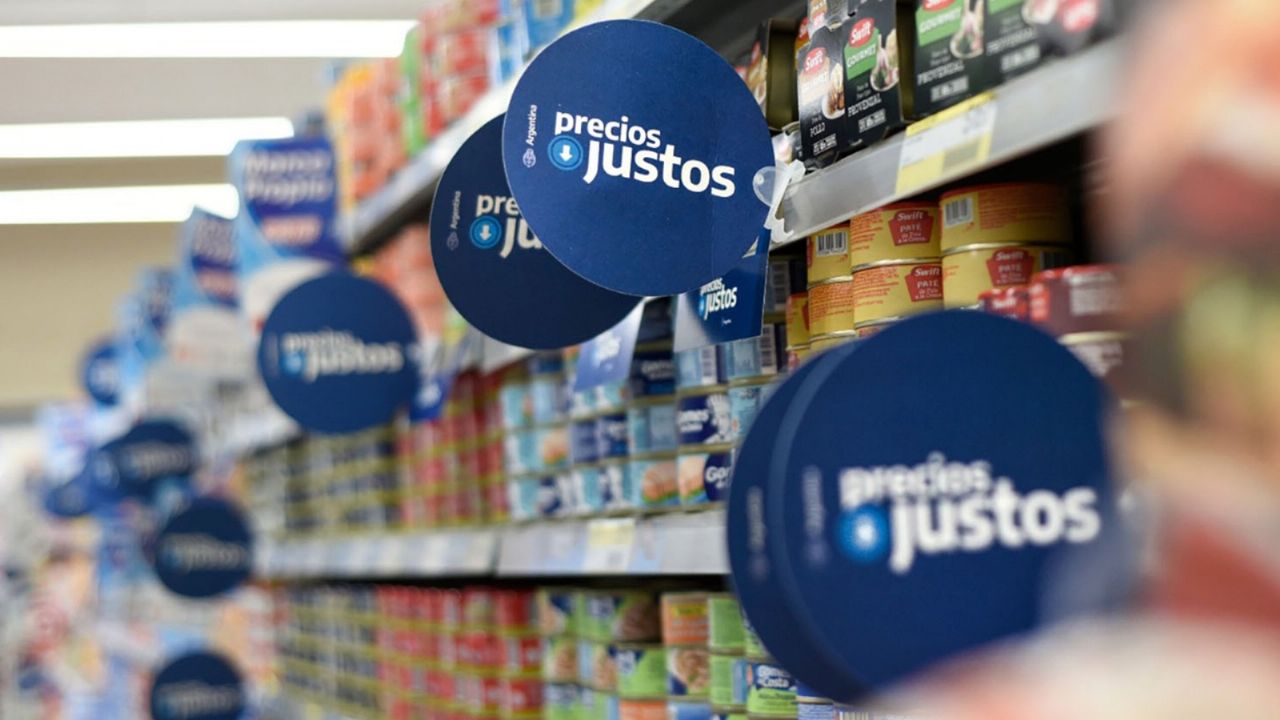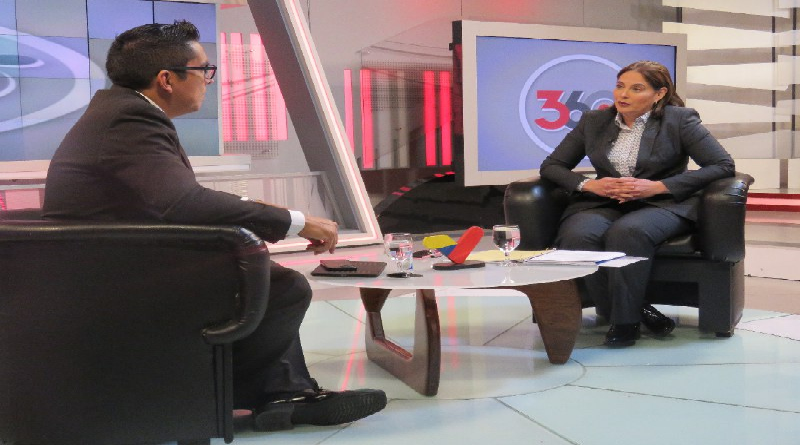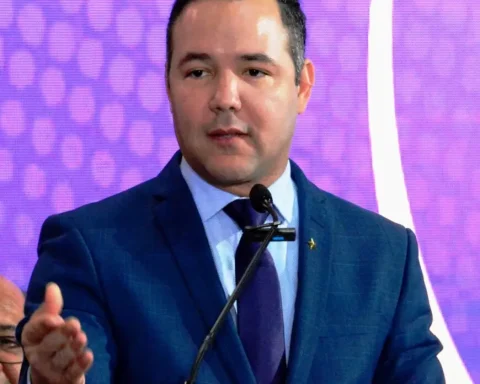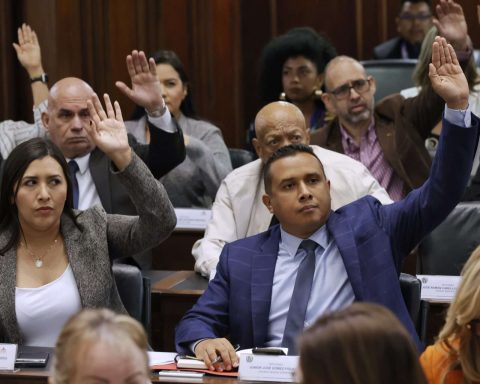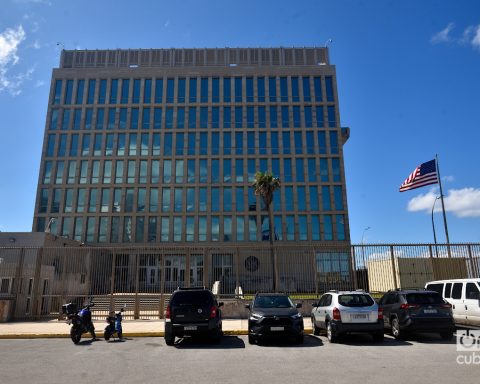A few weeks ago, the Government launched its new program of Fair Pricesthrough which the price of more than 1,800 basic necessities was fixed for 120 days.
Within this framework, the Secretary of Commerce led by Matías Tombolini and who leads The initiativeestablished fines of up to one million pesos for companies linked to Fair Prices who fail to comply with the program agreements.
The Secretariat also establishes that fines could even be doubled if companies participating in Fair Prices repeat the offenses. The measure was formalized through Resolution 118/2022 published today in the Official Gazette.
The rule is complementary to Resolution 75 of November 11, which approved the Specific Collaboration Agreement between the Ministry of Commerce, municipalities and companies.

However, said regulation did not specify the amounts of the fines to be applied in the case of non-compliance, therefore, the Secretariat considered it “pertinent for operational reasons” to establish said values, since the Government will be rigorous with the control of the program.
The values that the companies will pay in case of non-compliance will be according to the type of infraction and recidivism; however, the values will oscillate, depending on the case, between $150,000 and $1,000,000.

The infraction with a greater sanction will be in the event that the companies do not respect the agreed prices, whose fines will be between $500,000 to $1,000,000. Said amount will also be paid in the event that there is “a lack of supply in each branch of the companies of at least 80% of the planned products, without their respective substitutes being offered.”
What are the offenses to be fined?
The Secretariat established that “a penalty of $200,000 up to $400,000 will be applied, if there is a lack of correct identification through the signage of the Program in each branch of the participating companies of at least 80% of the products included in the corresponding agreements”.

It also establishes fines of “$150,000 to $300,000 if this signage is used in the supply of products subject to inspection, which are not included in the Annexes of the corresponding agreements.”
And from “$250,000 to $500,000 for the establishment of any restriction on the number of products for sale per consumer or family group without prior authorization from the Secretary of Commerce.”
